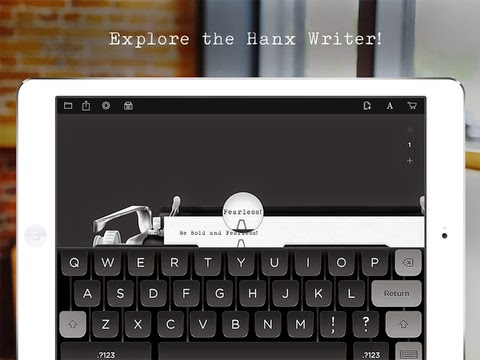How to read the Bible
The Book of the Books In terms of the title, this should be the topic for another Blog of mine ( Deep Breathing ). Focusing more on the "life-hack" aspects, however, I should write it in this Blog. These are some sort of experiential tips around my own everyday Bible reading. As a regular Bible reader, I think the Bible is one of the most important and interesting books in the world. If you are Protestants, your Bible consists of 39 books in the Old Testament and of 27 books in the New Testament. If you are Catholics and other Christians, there may be more contents for your Bible (or less for some groups). Together with other numerous classic masterpieces, the Bible is indeed one of the compiled books that people have ever greatly paid various attentions one way or another and most studied by diverse disciplinary approaches. The Gutenberg Bible, the first printed Bible Due to such situations around the Bible, once you got caught by what you can see in it, then prob...
